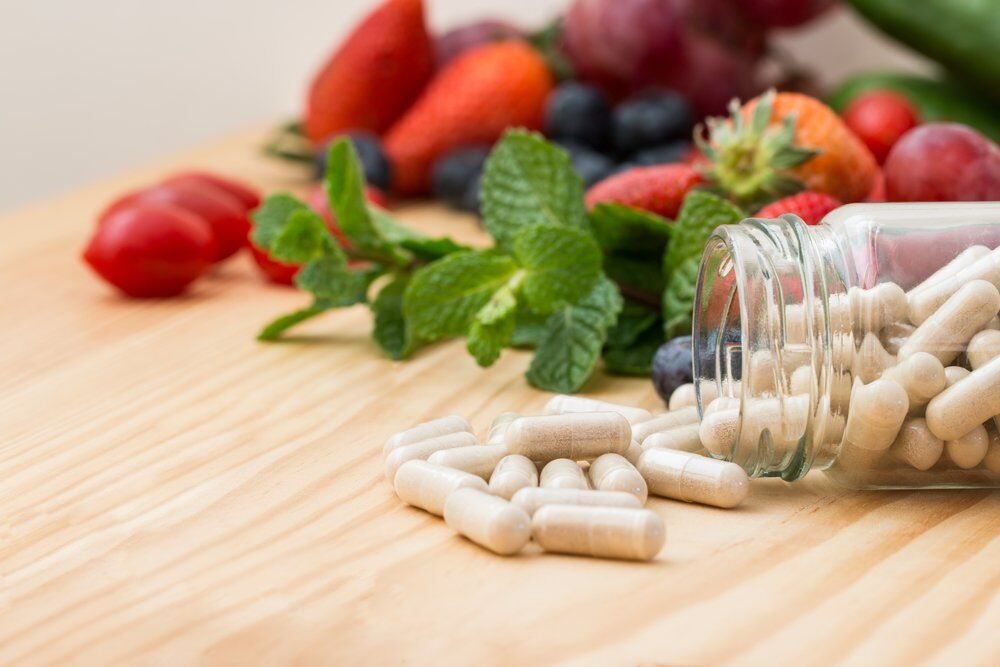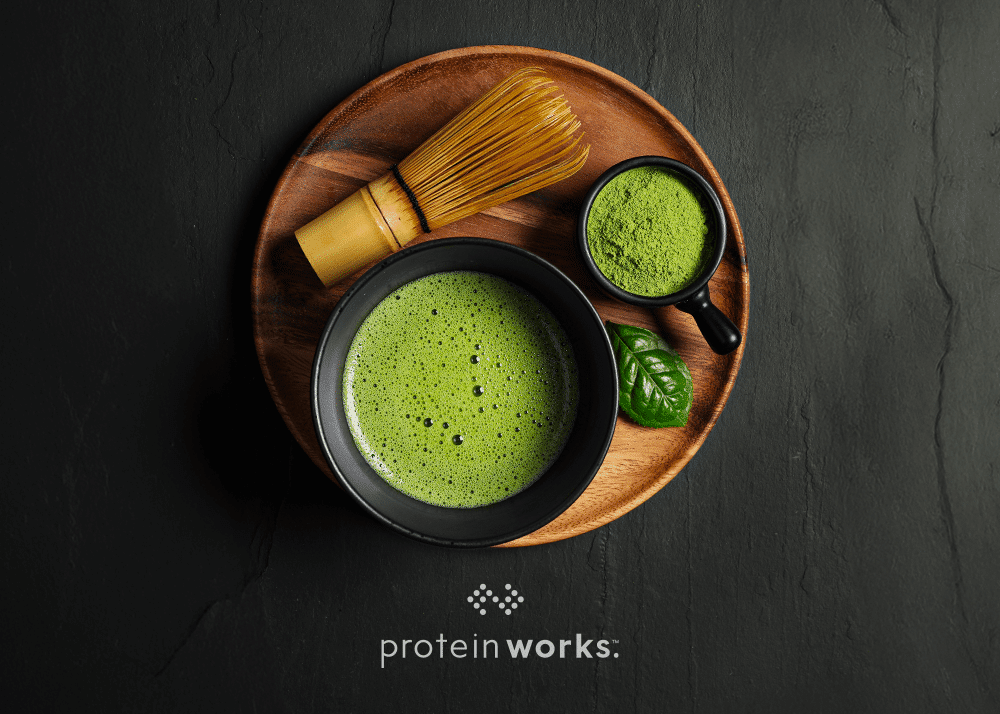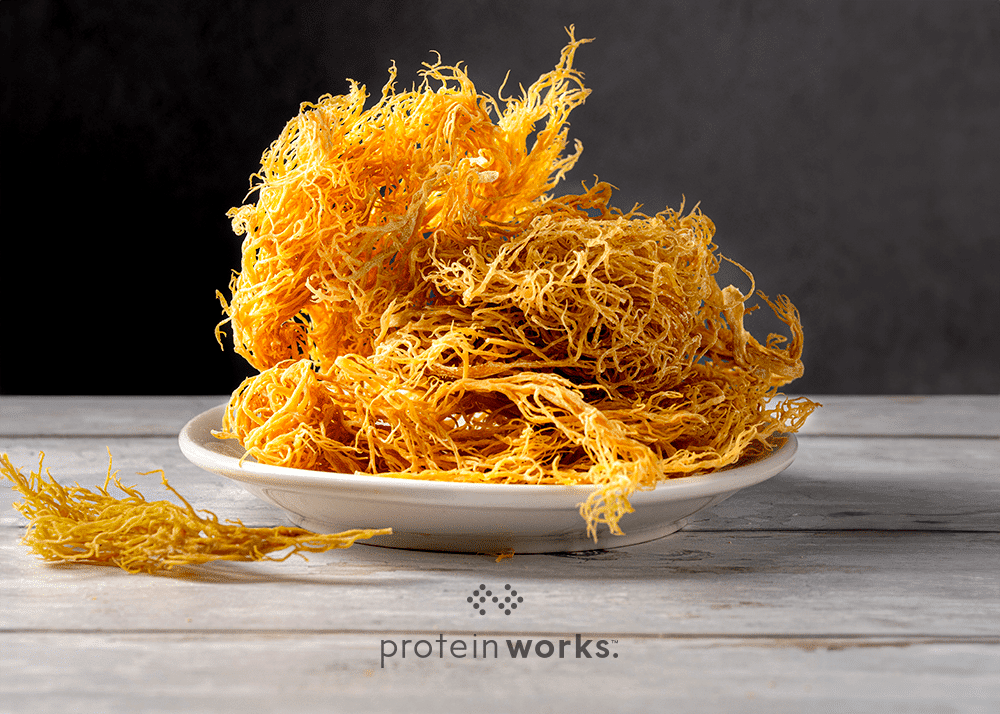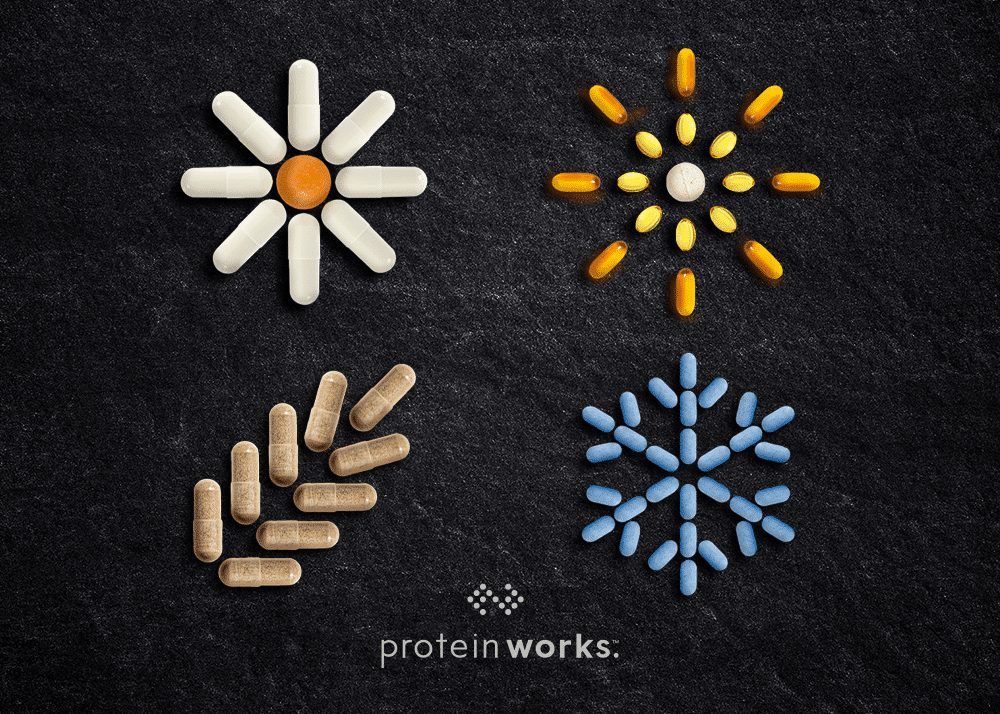
What is Vitamin K?
There are 13 vitamins and 16 essential minerals that the body requires to thrive, but some are more well known than others. Vitamin K is one of the least well known vitamins and was not even discovered until the 1930s.
In this article, we will take a look at what Vitamin K is, what it does, where in the diet it can be found, and the benefits of supplementation.
History of Vitamin K
Vitamin K was first discovered by Henrik Dam, while he was researching the role of cholesterol in diet. He found that restricting cholesterol from the diet of chicks led to a lack of coagulation in wounds. He identified a secondary compound alongside cholesterol that was responsible for coagulation.
The compound was named the coagulation vitamin. When reported in a German Journal it was spelled Koagulationsvitamin and thus Vitamin K came into existence.
While Dam was responsible for discovering and naming Vitamin K, it was Edward Doisy who did most of the research into its structure and how it worked. His paper was published in the Journal of the American Chemical Society in 1939 [1].
In 1974, the functions of Vitamin K were fully explored with the coagulation process understood properly for the first time. But Vitamin K is still being studied today, with lively debate on its benefits as a supplement.
Function of Vitamin K
As we mentioned earlier, the main function of vitamin K is the coagulation of blood. It also helps to support healthy bones and an improved cardiovascular system. Vitamin K has been considered for anti-aging treatments and may even help to slow tumour growth in cancer patients, but these benefits are not supported by scientific study as of right now and may amount to nothing.
Where Can Vitamin K be Found in Your Diet?
Vitamin K is found mostly in green leafy vegetables such as spinach and broccoli, it can also be found in kale if you can stand to eat it! Vitamin K is also found in meat and dairy products, as well as eggs. There are even some fruits that contain it.
Though many foods contain Vitamin K, it is actually quite difficult to reach your recommended daily intake. This is because Vitamin K is poorly absorbed and while many foods contain Vitamin K, none of them contain enough of it.
Because of this, Vitamin K is one of the few vitamins that is definitely worth supplementing with. Though eating more foods that contain Vitamin K (particularly green leafy vegetables) is obviously a good place to start.
Benefits of Vitamin K
There are several benefits to supplementing with Vitamin K. Though many of the benefits are quite specific to certain conditions, rather than being general benefits.
- Vitamin K can reduce the risk of bone fractures – A 2013 study by Knapen et al found that Vitamin K supplementation in healthy post-menopausal women led to a significant reduction in bone fractures [2]. A similar study on women with osteoporosis found that 2 years of Vitamin K supplementation led to an increase in bone mineral density, which would reduce the risk of fractures [3].
- Vitamin K may reduce mortality in people suffering from Liver Cancer – While there are a couple of studies that have shown a trend to reduced mortality in people with liver cancer who take Vitamin K, the results have not been statistically significant. At the moment all we can say is that there
- Vitamin K may help to reduce bruising – There is some evidence that when applied topically (to the skin) Vitamin K may reduce the length of time a bruise lasts for. However, this is not proven, and does not apply to regular supplementation.
- Supplementation with Vitamin K in people who are deficient may lead to fat loss – There have been a couple of studies that have shown that taking Vitamin K may lead to fat loss. But before you get too excited, the results are not definite, and it only appears to work in women who have low levels of Vitamin K [4].
- Supplementation with Vitamin K may help to reduce risk of Cardiovascular Disease – There appears to be some evidence that supplementation with Vitamin K may lead to a reduction in vascular calcification, a marker for CVD.
Should you Supplement with Vitamin K?
Because it is difficult to get your RDI for Vitamin K from your diet, supplementation does appear to be a good idea. There do appear to be some benefits to supplementation, particularly if you are elderly or have liver cancer.
The ability of Vitamin K to help blood coagulate and to strengthen bone density should also not be overlooked. Particularly if you are on blood thinning medication or suffer from osteoporosis. People who lift a lot of weights may also be interested in the bone density increasing benefits.
If you are currently worried about your risk of CVD then taking a supplement that contains Vitamin K may be a good idea. On the other hand, bad diet is a big cause of CVD so you may want to look into that first! Adding foods that are high in Vitamin K such as fruits and vegetables could not only boost your Vitamin K levels, but they have many other benefits.
References
[1] https://pubs.acs.org/doi/abs/10.1021/ja01876a510
[2] https://pubmed.ncbi.nlm.nih.gov/23525894/
[3] https://pubmed.ncbi.nlm.nih.gov/10750566/
[4] https://examine.com/nerd/article/can-vitamin-k-reduce-body-fat-accumulation-in-postmenopausal-women/






No Comments yet!